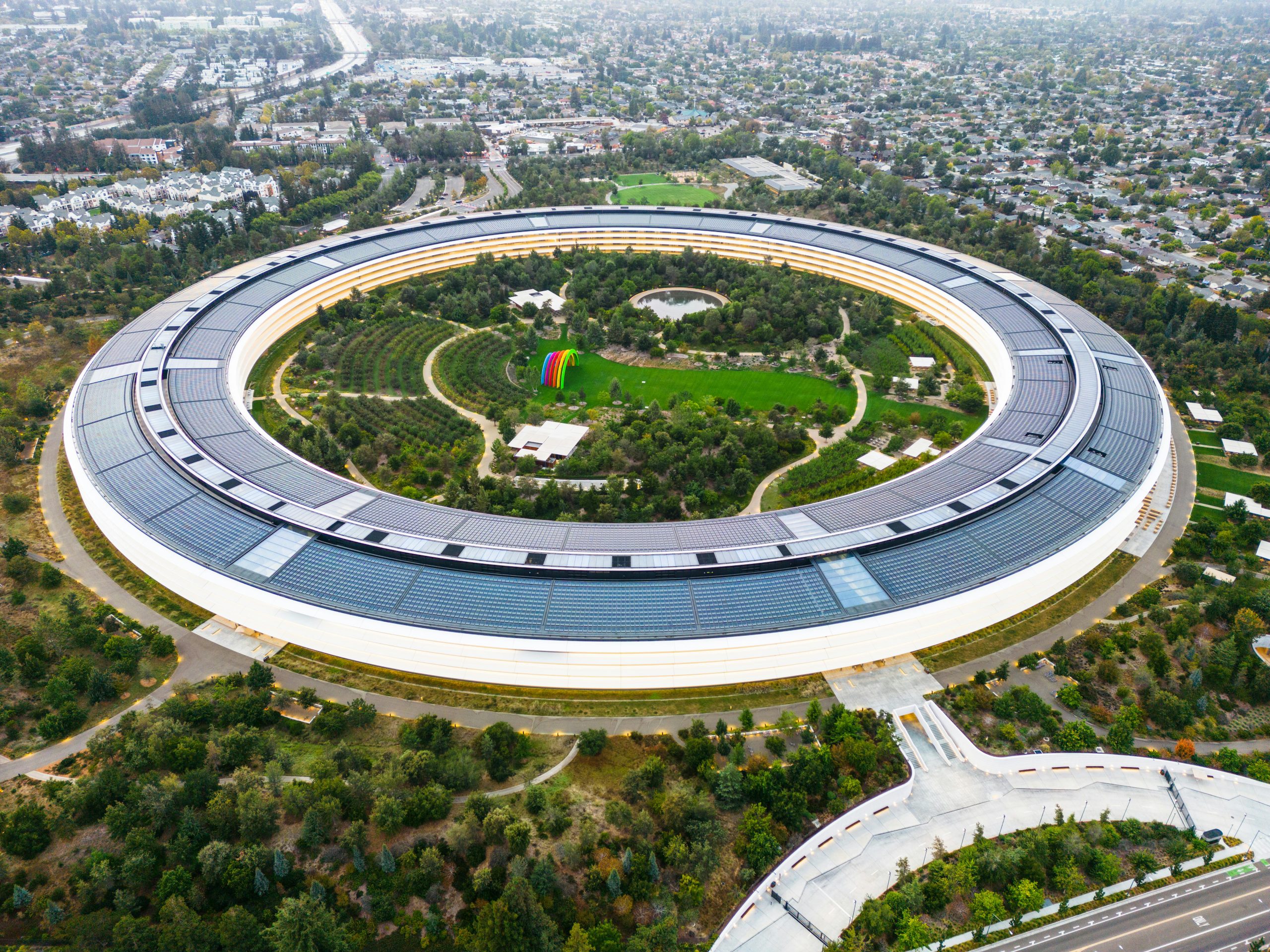Apple Rushes to Avoid Price Hikes as Tariffs Loom
In the final days of March, Apple flew five cargo planes loaded with iPhones and other products from India and China to the United States, seeking to avoid a major price hike triggered by new tariffs. The shipments, arriving over a span of three days, ensured that Apple’s U.S. warehouses were stocked with inventory before President Trump’s 10% baseline tariff took effect on April 5.
The swift move was a tactical response to the looming tariff increases on products imported from China, Vietnam, and India, which would be subject to new duties of up to 54%. Apple’s strategy to stockpile products at lower duties aims to shield the company from immediate price increases, allowing it to maintain more stable prices for the next few months.
A source speaking to The Times of India indicated that the company’s stockpiles will “temporarily insulate” Apple from the higher costs it will face on new shipments, with some predicting that the price of high-end iPhones could soar to $2,300. Currently, the most expensive iPhone, the iPhone 16 Pro Max, is priced at $1,599.
Nintendo Follows Suit with Similar Strategy
Apple wasn’t the only company rushing to beat the tariffs. Nintendo also took action, reportedly shipping over 383,000 units of its upcoming Switch 2 in January to avoid the new tariff risks. With more than half of Nintendo’s U.S. hardware coming from Vietnam and Cambodia, the company aimed to preemptively stock its products before the tariff hikes took effect.
While Nintendo was able to get ahead of the tariff deadlines, it was forced to delay preorders for the Switch 2, which were initially set to begin on April 9, due to the complications caused by the tariff announcements.
Looking Ahead
The emergency shipments by Apple and Nintendo reflect a broader trend of companies scrambling to mitigate the financial impact of new tariffs, highlighting the complexity of global supply chains and the significant influence of trade policies on pricing strategies. As tariffs continue to reshape the market, companies will have to navigate these new costs or risk passing them on to consumers.
Source: The Times of India, Financial Times, Rosenblatt Securities, menafn.
An Aerial Shot of the Apple Park on Pexels by Zetong Li



